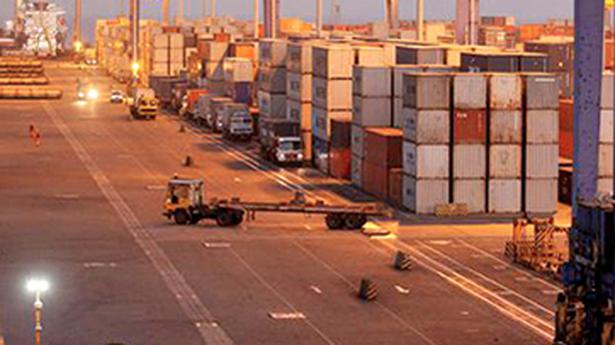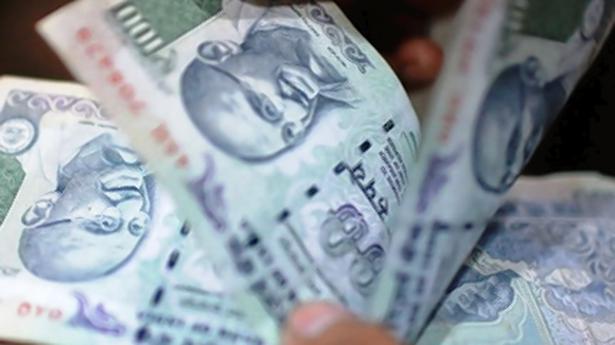The reduction in some of the windfall taxes on petro products may help resuscitate their exports slightly in August and September after a 7% drop in July, but a broader export downturn is already underway and will accelerate in coming months, Nomura said in a report on Wednesday.
India’s goods trade deficit widened to a record high of $31.01 billion in July, which Nomura economists pegged at $33.4 billion on a seasonally adjusted basis. The firm expects a negative basic balance of payments situation for India in 2022-23, with the current account deficit (CAD) to hit 3.3% of GDP in 2022-23 from 1.2% last year.
The basic balance of payments factors in the CAD.
“The sharp fall in exports in July appears to have been aggravated by the export taxes on petroleum products, which were aimed at tackling domestic shortage concerns, while also creating fiscal space on the margin,” Nomura noted.
On Wednesday, the government scrapped the export cess on ATF and reduced it for diesel to ₹5 per litre from ₹11, while raising the levy on crude petroleum production by a little more than 4%.
“The reduction of windfall taxes may lead to a slight rebound in oil exports, but we expect the current account deficit to remain on a deteriorating path in the next few quarters, due to steady domestic demand, inelastic demand for select commodities and a global growth slowdown,” the firm’s economists Sonal Varma and Aurodeep Nandi noted.
“This highlights the trade-offs between controlling both inflation and fiscal deficit and pressuring the external account,” they said, stressing that the weakness in exports is, however, more broad-based.
“We believe the export downturn has already started and will accelerate in H2 2022. Our newly revised base case assumes a recession in the U.S., euro area, U.K., Japan, South Korea, Australia and Canada, and growth slowdowns more broadly,” they said in the report, adding that corrections in commodity prices may help contain import growth, but most likely with a lag.
“Robust domestic demand from post-pandemic recovery, elevated levels of crude oil prices and higher demand for items like coal and chemicals should keep import demand elevated,” Nomura said.





